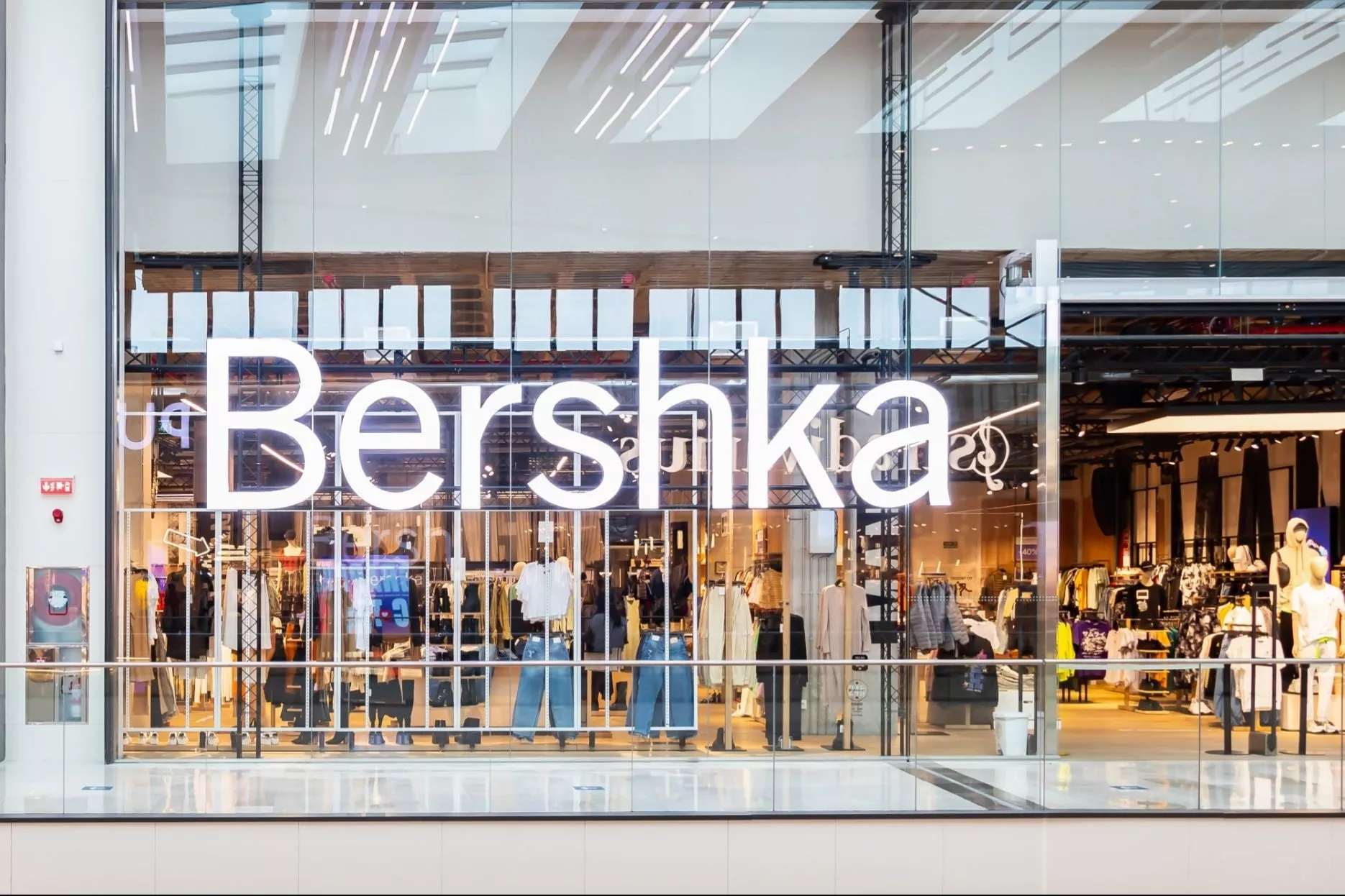The Spanish fast-fashion trio Bershka, Pull&Bear, and Stradivarius under the world’s largest fashion giant Inditex, who also operates the fashion label Zara, have decided to pull out from China’s e-commerce landscape with the announcement that all trading through the brands’ flagship stores on Alibaba’s Tmall will cease by the end of July.
Customer service will remain available until the end of August, as per notices published on the brands’ Tmall flagship stores. The parent group started shutting down the three brands’ physical storefronts in China following an announcement last January and all store closures were completed by the end of last year. This marks a full withdrawal of the three brands from the Chinese market.
In a statement to WWD, the group attributes the decision to “adaptations to its business model” and added “Inditex remains committed to providing Chinese consumers with high-quality fashion products” and “a unique integrated online and offline experience will continue to be available” through the presence of its other arms including Zara, Massimo Dutti, Oysho, and Zara Home.
Bershka, Pull&Bear, and Stradivarius were among the first cohort of foreign brands to land in Tmall, garnering an average following of six million on the online-shopping platform, contributing to the group’s revenue of 7.8%, 6.7%, and 6.5% in 2021 respectively.
While Inditex saw overall profits surge by 80% to €760 million ($775 million) in the past year and sales rise by 36% in the first quarter of 2022, China was the only market that underperformed with more than 60 outlets shutting because of the pandemic. But the retreat is believed to be fundamentally due to homogenisation facing the fast-fashion industry at home, according to Chen Weixiong, an analyst in China’s apparel industry.
“All these brands target the same consumer group – students aged between 16 and 25 years old”, said Chen, “their offerings are a similar athleisure style with a shared price range between 29 RMB ($4.32) and 199 RMB ($29.67).” Such brand positioning has put these foreign players at higher risk of being taken over by domestic equivalents, such as Peacebird, Urban Revivo, and Mo&Co.
Moreover, the crisis facing the fast-fashion industry in China has also indicated an overall premiumisation of the market with the upgrade expected to reach 1.1 trillion RMB ($164 billion) by 2025. In general, China’s Gen Z consumers appear to be more generous when it comes to buying clothes, spending approximately 400 RMB ($59.65), 2 to 3 times per month, according to a survey conducted by an industry research institute iiMedia. But in the meantime, the demographic has become more sophisticated, meaning a low-price strategy and lack of innovation in designs could result in losing brands’ appeal in the highly contested industry.









